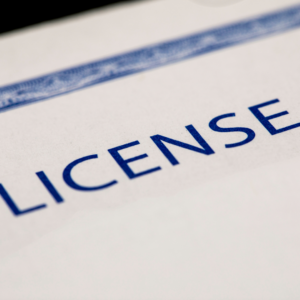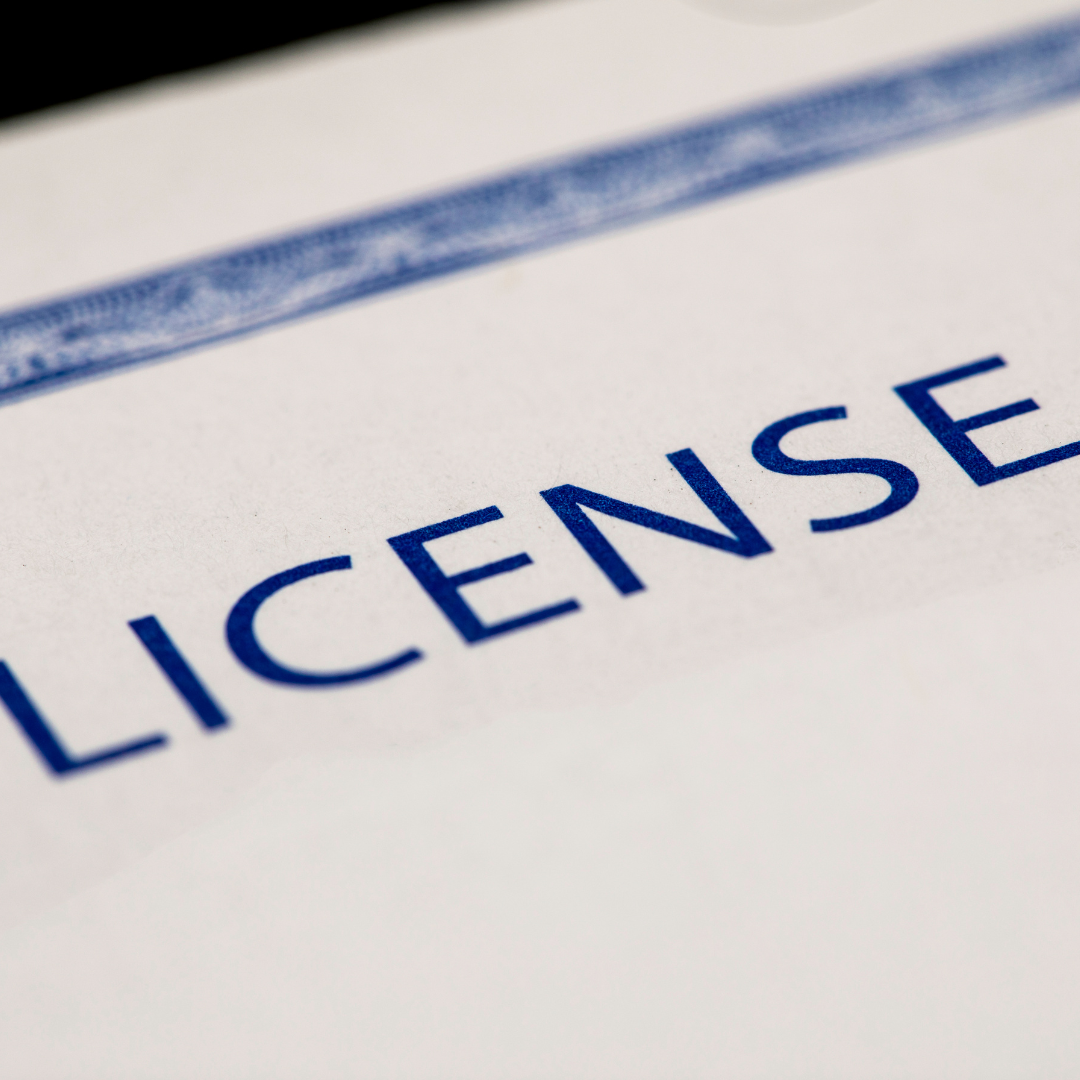The Connecticut Social Equity Council License:
The Social Equity Council has begun its review of Connecticut cannabis license applications selected from the lottery. The final round of the 90-day application cycle for cannabis licenses in Connecticut concluded in June. Several thousand applied for a chance to be selected for one of the 56 Connecticut marijuana licenses available.
The state will award 28 licenses to social equity applicants. The general lottery later this year will select who will move forward in the application process. Considering the large pool of applicants and the limited number of licenses available it’s safe to say there will be a lot of broken hearts.
And if you’re lucky to win the cannabis jackpot there is still a long way to go. Here is everything you need to know about the Connecticut cannabis lottery.
How Does the Connecticut Cannabis Lottery Work?

The Department of Consumer Protection (DCP) will award its 56 marijuana licenses through a lottery. Each license type will have two lotteries. A social equity lottery and a general lottery. The social equity lottery will begin first.
The Social Equity Council will review the selected applications from the lottery. Those that meet the criteria of a Social Equity Applicant will move forward. While those that fail to meet the criteria of a Social Equity Applicant will enter the general lottery.
As soon as the social equity lottery concludes the general lottery will begin. In the event that Social Equity Applicants are not selected in the lottery or did not qualify, general applicants will be in the general lottery pool. Due to the overwhelming number of applications submitted the DCP will hold future lottery rounds.
What to Expect After the Lottery?
If you’re a lucky lottery winner, you will move into the provisional license application process. Applicants will have 60 days to complete and submit provisional license applications. Incomplete applications that fail to meet the DCP’s standards will not receive a provisional license. It’s unclear if a deficiency period will be provided for incomplete applications. Provisional licenses will be valid for 14 months and are not renewable. During the 14-month period, provisional licensees are to work on completing the requirements for their final license. Some requirements for final license approval include evidence of local zoning approval, secured business location, social equity plan, workforce development plan, and operating procedures.
Following approval of the final license businesses can begin operating. Make sure you are prepared. Consult with industry licensing experts to guide you through the provisional and final license process.
Exceptions to the Lottery
There are a few exceptions to the cannabis lottery. The DCP allows five pathways to licensure not subject to the lottery. Firstly, cannabis producers and dispensaries currently operating may convert their licenses to adult use. Qualifying Social Equity Partners can begin operating by entering into an agreement with a converting producer.
Social Equity Partners will be provided with growing space, mentorship, and overhead costs to help grow their business. In exchange, the DCP will provide producers with a reduction in the cost of converting their licenses.
Qualified Social Equity Connecticut Businesses:
Qualified social equity businesses may also enter into an Equity Joint Venture with a licensed producer, DIA cultivator, or dispensary. The DCP will provide reduced license conversion fees in exchange. Lastly, cultivators in a Disproportionately Impacted Area (DIA) are exempt from the lottery. That is if they can cough up the hefty $3 Million fee.
It will be undeniably interesting to watch the cannabis market develop in Connecticut. So be sure to check back here for more updates. Want to learn more about cannabis licenses in Connecticut? Contact Cannabis License Experts and get connected with our licensing experts.


